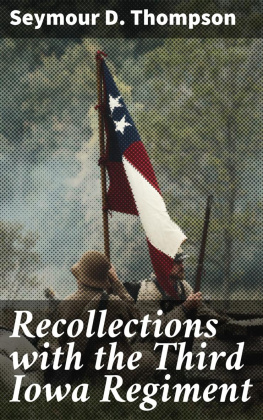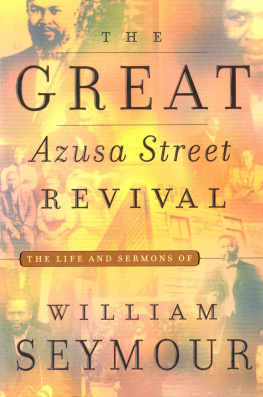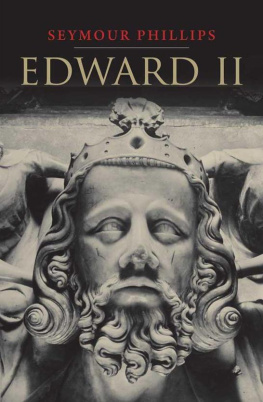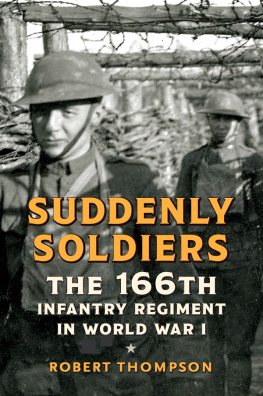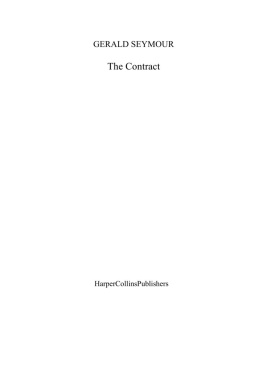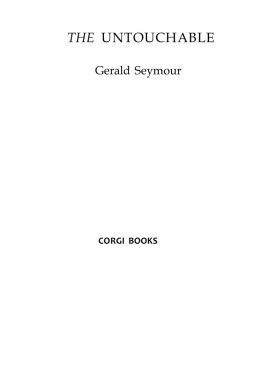PREFACE.
Table of Contents
At the solicitation of some of my comrades, the pages of this book were for the most part compiled from a diary which I kept during most of the two years I served with them, and which was written amid the scenes it attempts to describe. To furnish them a faithful account of the principal scenes through which they passed during this period, including sketches of the operations in which they were engaged, and of which our Regiment formed a part; a record of what they saw, and did, and suffered, such as I thought they would like to read in future days, has been my object in presenting it in this shape. As it was written for my comrades, to them I dedicate it; and in giving it to the public, I have only to say that if it suits them, it suits me. With regard to facts which have since become history, to which I have had occasion to refer, I may have committed some errors and inaccuracies; my book was not written in the library of the historian, but in the tent of the soldier, and with few exceptions without other information than such as observation and report could supply. In speaking of prominent officers under whom we served, I have not forgotten that some of them are still my superior officers, and that it in nowise comports with my duties as a soldier to assume to be their historian or critic. But the time has come when the conduct of those who have passed into civil life may be criticized by those who were their inferiors in the military service. Of such I have endeavored to speak honestly but plainly, remembering that they dealt plainly with us.
I am under obligations to Col. Scott, 32d Iowa, Lieut. Chas. P. Brown, A. A. Q. M., Fort Pickering, W. B. Lakin, Esq., College Hill, Ohio, for valuable favors and assistance. I trust that time will afford me opportunities of paying them in a better manner than by this public acknowledgment.
And now I give these pages to the public, with the single regret that the deeds of men who have so many titles to honor and gratitude could not have been better recorded and by a more worthy hand.
S. D. THOMPSON,
Fort Pickering , Memphis, Tenn., March, 1864.
RECOLLECTIONS.
CHAPTER I.
Table of Contents
The "uprising" in IowaPatriotism of the peopleThe Third Regiment, its character and compositionSpirit and ideas of its membersOur ColonelOur visit to Camp Ellsworth, and the First IowaThe Second and First Iowa advance into MissouriOur quartersOur ideas of our treatmentPoor fare, and what some of us "did about it"Our dutiesComplaints about payOur armsWe go into campOur first experienceWe chafe exceedingly under the yoke of disciplineMarching orders.
When at the commencement of the war the loyal States vied with each other in offers of men and money to the Government, Iowa, in proportion to her population and resources, was not behind any of her sisters. The First Regiment of Infantry, the quota of the State under the call for three months men, was promptly formed, and sent to the designated rendezvous. But the people wanted to do more than this. Companies were formed in all parts of the State. Thousands of names were enrolled. It was not the question who should be permitted to stay at home, but who should have the privilege of going. The eagerness with which the claims to acceptance of so many different companies were pressed upon the Governor, must have been a source of great embarrassment to him.
The interval between the first and second call for troops was to many who had tendered their services, unsuccessfully, a period of unpleasant and unprofitable suspense; for it was a matter of uncertainty to all, whether the services of any more troops would be required. And who could tell? The rebellion was so entirely without a precedent in our history, that the most far-seeing could not say whether it was a short-lived insurrection that could be frightened to death by military preparation, or a movement strong in its organization and formidable in its proportions.
But this period was, nevertheless, one of preparation. Men were settling their affairs, and preparing for the contingency which might call them from their homes. At length, a call was made for an additional number of troops to serve for three years, unless sooner discharged. This altered the plans of many who thought to enlist merely for honor and a little adventure. The prospect was now that they would have decidedly too much of both. Nevertheless, the supply of men greatly exceeded the demand. None who had enlisted with worthy motives were disposed to shrink from the prospect.
Under this call the Second Regiment was organized; and the unsuccessful candidates still waited in hope and doubt. Finally, in the last days of May, the companies which were to compose the Third Regiment received orders, to their great joy, to repair to the designated rendezvous, and by the close of the first week in June, they were assembled in Keokuk.
Though comrades now, its members were, for the most part, strangers to each other. It belonged to no section, but rather to the State at large. The northern, central and southern portions were represented. In point of material it was a mixture of such elements as a border State would be likely to furnish. There were among us men of almost every State in the Union, and of almost every civilized country. Nearly all, however, were Western men either by birth or long residence, and were (is it boasting to say it?) tempered with that hardy, resolute spirit which is characteristic of Western men, especially of those who dwell on the frontier. The greater portion were from the rural districts, and trained to active, out-door pursuits. Those who were from the towns were for the most part river men. If there were among us any of "the drooping city's pale abortions," they soon learned to imitate the rough virtues of their comrades.
In point of ideas, there was as great a difference as of birth or nationality. It is claiming nothing to say that money had not entered into the calculations of those who first tendered their services to their country. The one great thought was the preservation of the Union. But such was the constitution of our ideas, that we saw in the accomplishment of this object ulterior results widely different. Each loved the Union for what it was to him. To the Irishman, it was an asylum where he could enjoy that civil liberty, and exemption from the oppression of an established church, which had been denied him at home. He proposed to fight now for the preservation of that liberty. He saw in the destruction of the Union an invitation to the ambitious monarchs of Europe to fetter us with such chains as bound his own unhappy country. This was why he had enlisted.
To the Englishman in our ranks, America was now his country. It was to be the dwelling-place of his children. It promised more than any other to promote the peace and happiness of its people, and the progress of civilization. It was a branch of that great Saxon tree, which, continually spreading, already overshadowed the earth. Should it fall into the whirlpool of Gallic anarchy? Should it degenerate into a contemptible Mexican civilization? God forbid. He was ready to defend it with his blood.
We had among us the poetical, Heaven-ascending German. He proposed to fight for an ideal. That ideal was liberty. It was to him the symbol of progress, the talisman which was to lift man from earth to Heaven. He saw in the rebellion a reactionary movement, a tendency from democracy to aristocracyfrom the power of the people to the one man power; a repudiation of the doctrine on which the Republic was founded;nay, more, an attempt to found a Government on a maxim of absolute injustice, the assumption that one man has the right to own another. Could such a movement succeed? Was progress baffled? Had the age begun to retreat? He proposed to fight, not for the unity of the nation alone, not alone because it was now his country, but for that principle of liberty which he saw, more fully than anywhere else embodied in her institutionsthat democratic principle which is destined one day to be the foundation of all human government.


